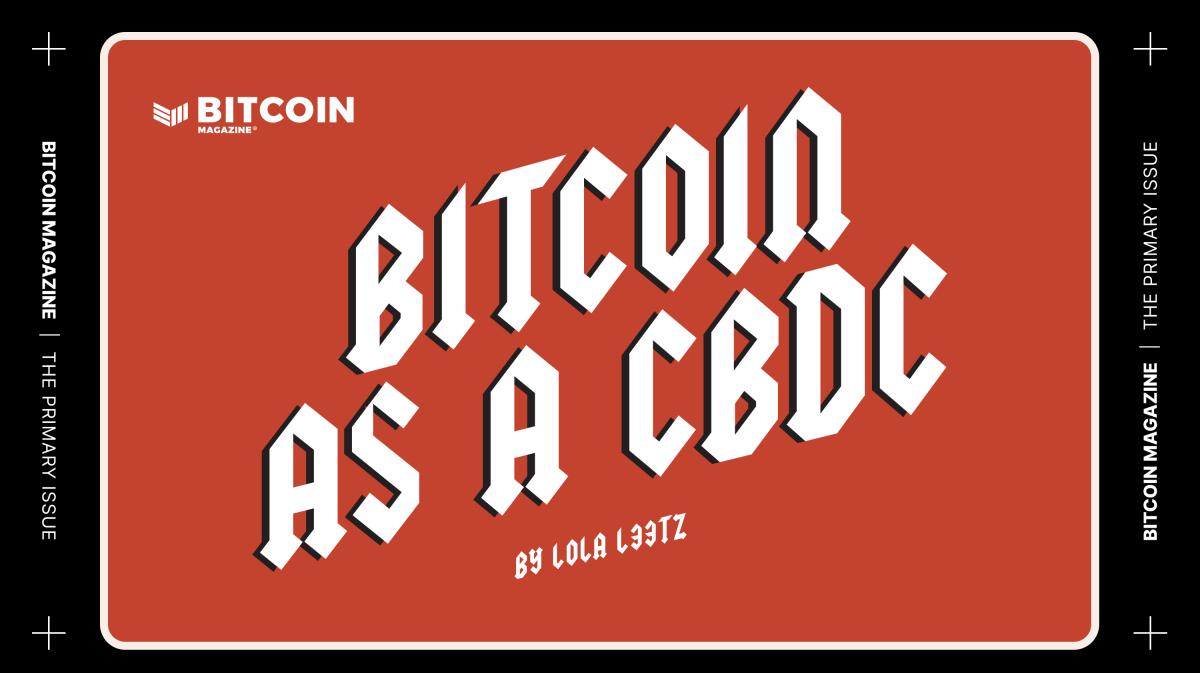Avail is now an option for data availability on Starknet-based Madara networks, according to a Dec. 20 announcement. The new feature will allow these so-called “layer 3” networks to reduce data publishing costs by up to 90% when compared with using Ethereum for data availability and without relying on a permissioned solution, according to the announcement.
Madara networks publish zero-knowledge validity proofs to Starknet, which is itself a layer 2 of Ethereum. For this reason, they are often referred to as “layer 3s.” These networks use a common sequencer that is decentralized by default. The decentralized nature of the sequencer should help to ensure that transactions cannot be censored, the team claims. Madara chains are customized for specific applications. Mangata Finance, Kakachain, Tobi and Alakazam are a few examples of these custom networks.

Avail is a network designed to handle data availability for the Ethereum ecosystem. If an Ethereum layer 2 uses Avail for data availability, it publishes validity proofs to Ethereum but leaves the compressed transaction data on Avail. This reduces the cost of transactions but also requires Avail to be operating at all times to facilitate deposits and withdrawals. A network that stores transaction data off-chain in this way is called a “validium,” which is often contrasted with a full “rollup” that has higher transaction fees but publishes all data to Ethereum.
Before the feature was implemented, Madara networks could choose to use a Data Availability Committee (DAC) instead of Ethereum for data availability. This would also reduce transaction costs. A DAC is a whitelisted group of organizations trusted to provide this service.
Related: Why ZK-rollups need data availability — Avail co-founder
According to the announcement, the new collaboration allows Madara networks to choose Avail instead of a DAC to store their compressed data. This may be preferable for networks wanting to use a decentralized option for this service. “Instead of relying on a trusted group of parties, developers can send transaction data to Avail’s decentralized blockchain which is working towards supporting 1,000 external validators,” Avail said.
DACs were invented in the early days of zero-knowledge-proof technology, but some experts believe the industry should avoid using them over the long run. For example, Offchain Labs engineer Daniel Goldman has claimed that DACs are “awkward” and “ultimately fruitless” because they can potentially allow a malicious committee to “freeze all funds on the chain indefinitely.”

Avail was created by Polygon Labs in 2021, but was later spun off as a separate project. In July, it released a testnet bridge to Ethereum. Avail is only one example of a blockchain network that focuses on data availability. Celestia, a network that recently integrated with Polygon CDK, is another example.










